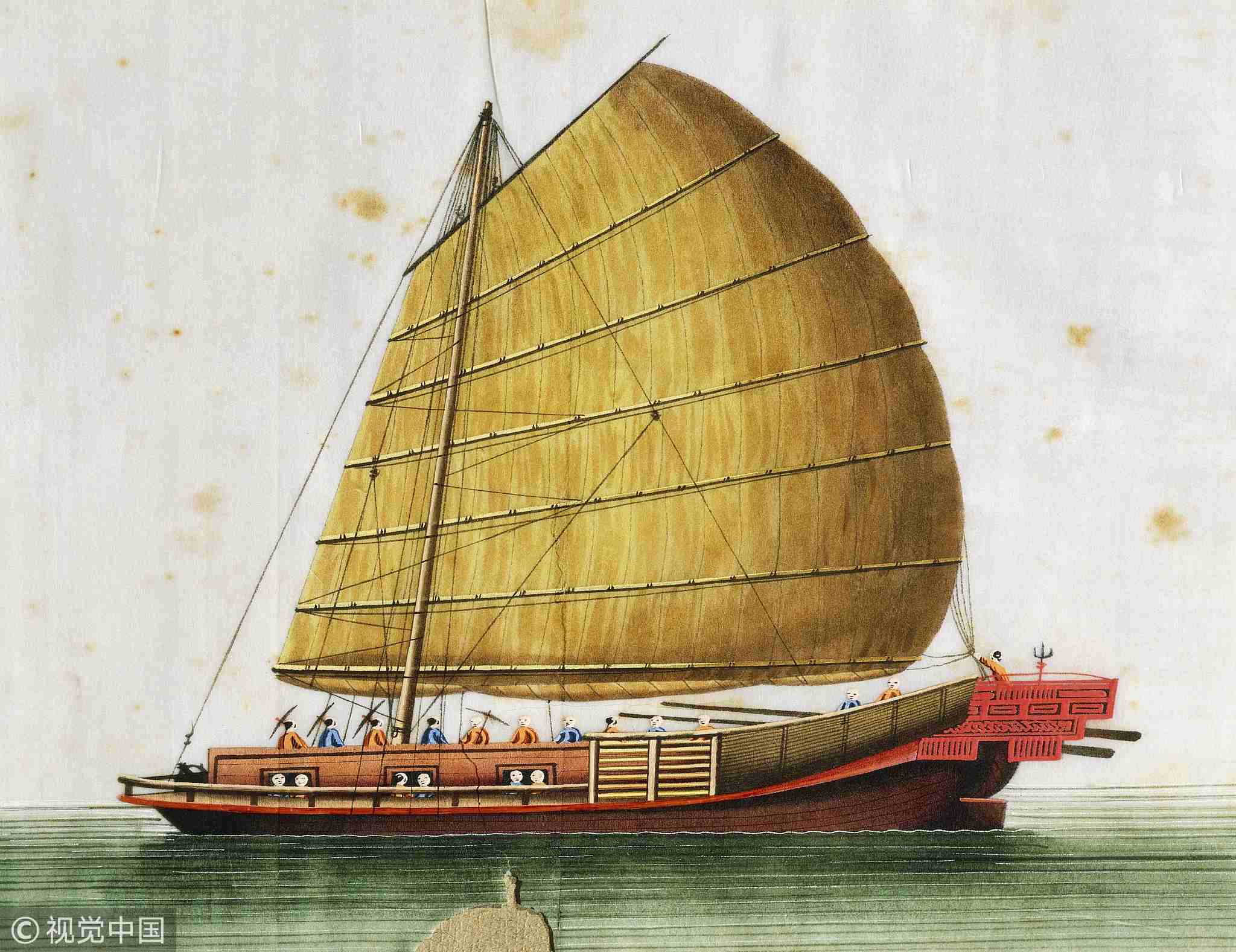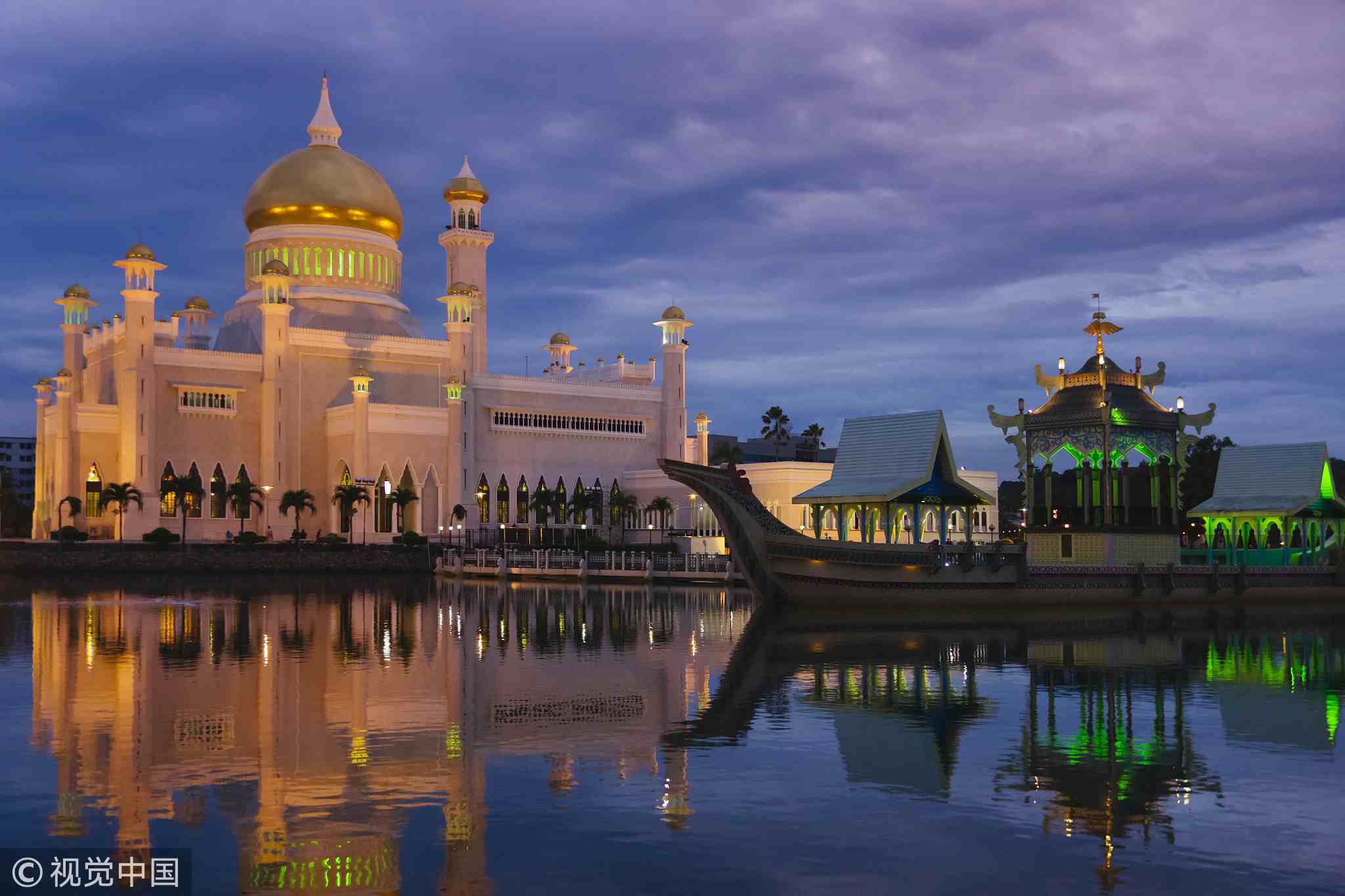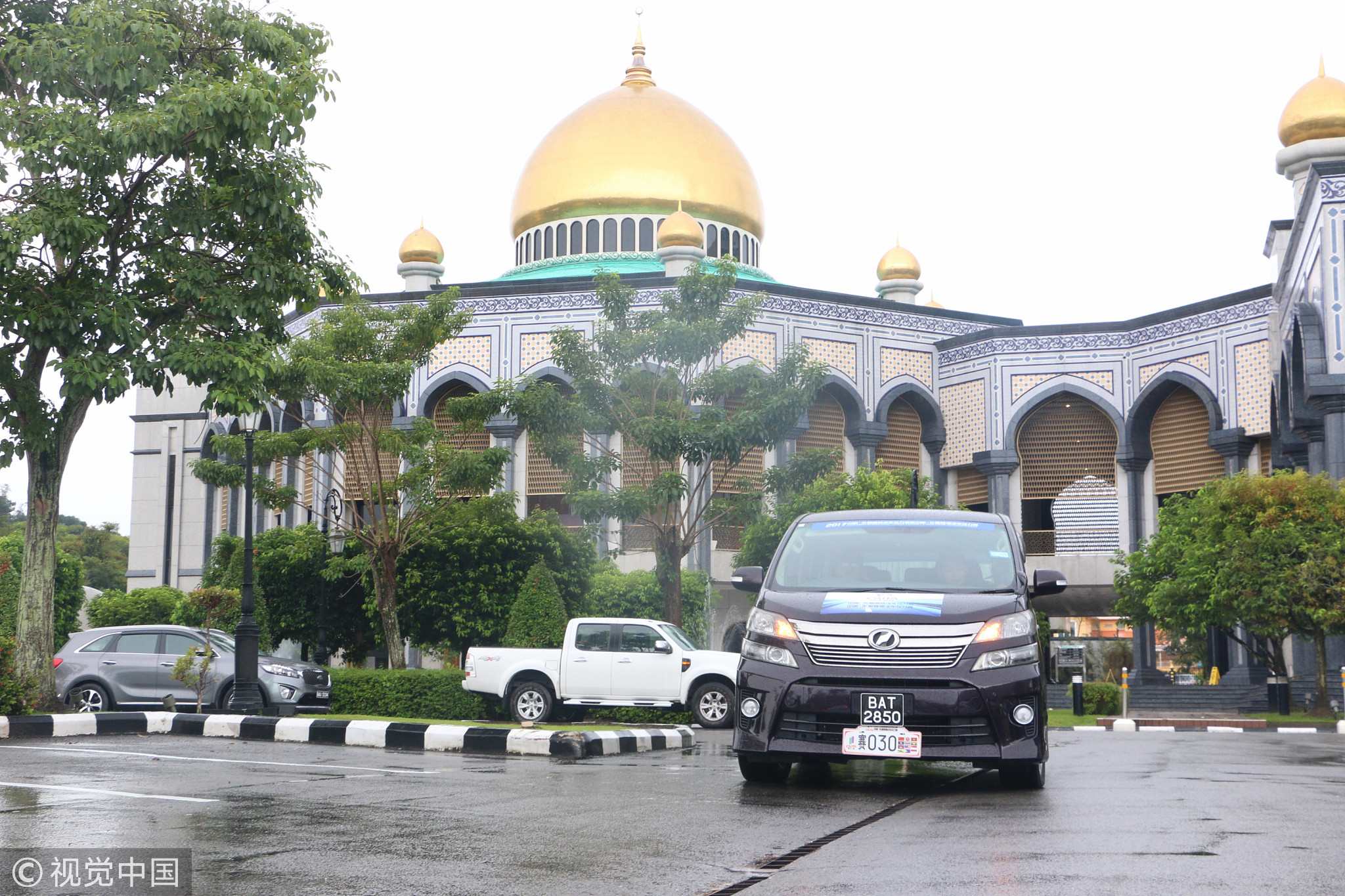
Opinions
17:27, 19-Nov-2018
Opinion: China and Brunei have potential in Belt and Road cooperation
Updated
16:42, 22-Nov-2018
Dong Yue

Editor's note: Dong Yue is a Beijing-based international news editor. The article reflects the author's opinion, and not necessarily the views of CGTN.
At the invitation of the Sultan Haji Hassanal Bolkiah of Brunei Darussalam, Chinese President Xi Jinping is paying a state visit to the Southeast Asian country from November 18 to 20.
Connected by water, China and Brunei's potential in cooperation within the framework of Belt and Road Initiative (BRI) is immense. Xi's visit opens up an opportunity to unlock the potential.
China and Brunei's long-term friendship in history lays the foundations for their current partnership and future BRI cooperation.
The contacts between the two countries can be dated back to the early time of the Maritime Silk Road. Their relations started over 2,000 years ago during the Western Han Dynasty and flourished in the Song Dynasty with a fast-growing trade between the two sides.

Boat of East China Sea, Painted on silk, 19th century. /VCG Photo
Boat of East China Sea, Painted on silk, 19th century. /VCG Photo
The millennium-old friendship has been renewed and grown stronger nowadays. In 1991, the two countries established diplomatic relations, and in 2013, the two sides decided to develop a strategic cooperative relationship. Since the BRI was proposed by China five years ago, Brunei has warmly responded to and always be a strong supporter of it.
China-proposed-BRI and Brunei's national development strategy Vision 2035 share a lot in common that lay the foundation for their cooperation.

Sultan Omar Ali Saifuddin Mosque, Bandar Seri Begawan, Brunei. /VCG Photo
Sultan Omar Ali Saifuddin Mosque, Bandar Seri Begawan, Brunei. /VCG Photo
As a oil-producing country, Brunei's economy is resource based. When oil prices were at their highest point and relatively stable, crude oil exports brought a great amount of wealth into the country. However, in recent years, the fluctuating oil price has exposed the vulnerability of such an economy.
In this situation, the Brunei government decided to diversify its economy and put forward the Vision 2035 with eight specific strategies, of which infrastructure is a priority. According to the vision, Brunei aims to develop, maintain world-class infrastructure.
The BRI also attaches great importance to infrastructure, trying to form a network connecting all sub-regions of Asia, and also between Asia, Europe and Africa step by step. This means an alignment between the BRI and Vision 2035 is very possible. The two sides have signed a Memorandum of Understanding to build synergy between the BRI and the vision.

Jame' Asr Hassanil Bolkiah Mosque, Bandar Seri Begawan, Brunei. /VCG Photo
Jame' Asr Hassanil Bolkiah Mosque, Bandar Seri Begawan, Brunei. /VCG Photo
Another factor that opens a broad space for BRI cooperation between the two sides is their complementary economies, creating the need for projects of industries upgrading, infrastructure construction, transportation connectivity and people-to-people exchanges within the BRI framework.
An example is the oil industry. In order to reduce its reliance on crude oil exports, Brunei endeavors to upgrade the oil industry, trying to transform itself from a crude oil producer to a hub for oil refining.
China, with a mature oil refining industry, has exactly what Brunei needs, including industrial standards, refining technologies and skilled technicians.
The two sides are now jointly building the Hengyi Brunei PMB Petrochemical Project, a whole industrial chain project to help Brunei upgrade its oil industry, which was also mentioned in Xi's signed article.
The Guangxi-Brunei Economic Corridor, established in 2014, is another model of complementary economic cooperation within the BRI framework, which gives full play to Brunei's strength in halal food production and its connection with international Muslim market, and the advantages of China's Guangxi Zhuang Autonomous Region in rich natural and labor resources, and manufacturing technologies.
With Xi's visit is ongoing, it's hoped that China and Brunei, with a time-honored friendship, synergic development initiatives and complementary economies, could further explore the vast potential in BRI cooperation, so as to achieve a shared prosperity.
(If you want to contribute and have specific expertise, contact us at opinions@cgtn.com.)

SITEMAP
Copyright © 2018 CGTN. Beijing ICP prepared NO.16065310-3
Copyright © 2018 CGTN. Beijing ICP prepared NO.16065310-3